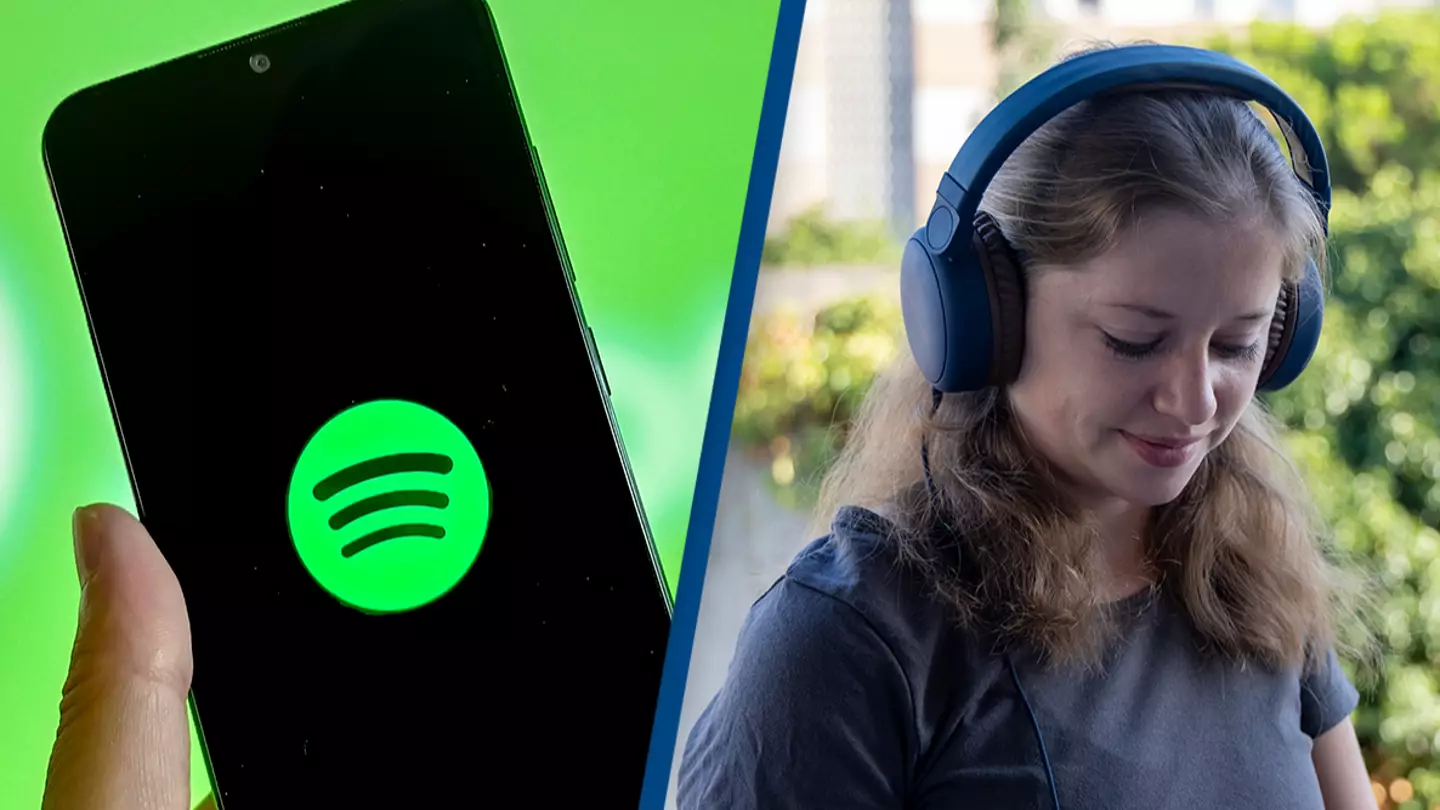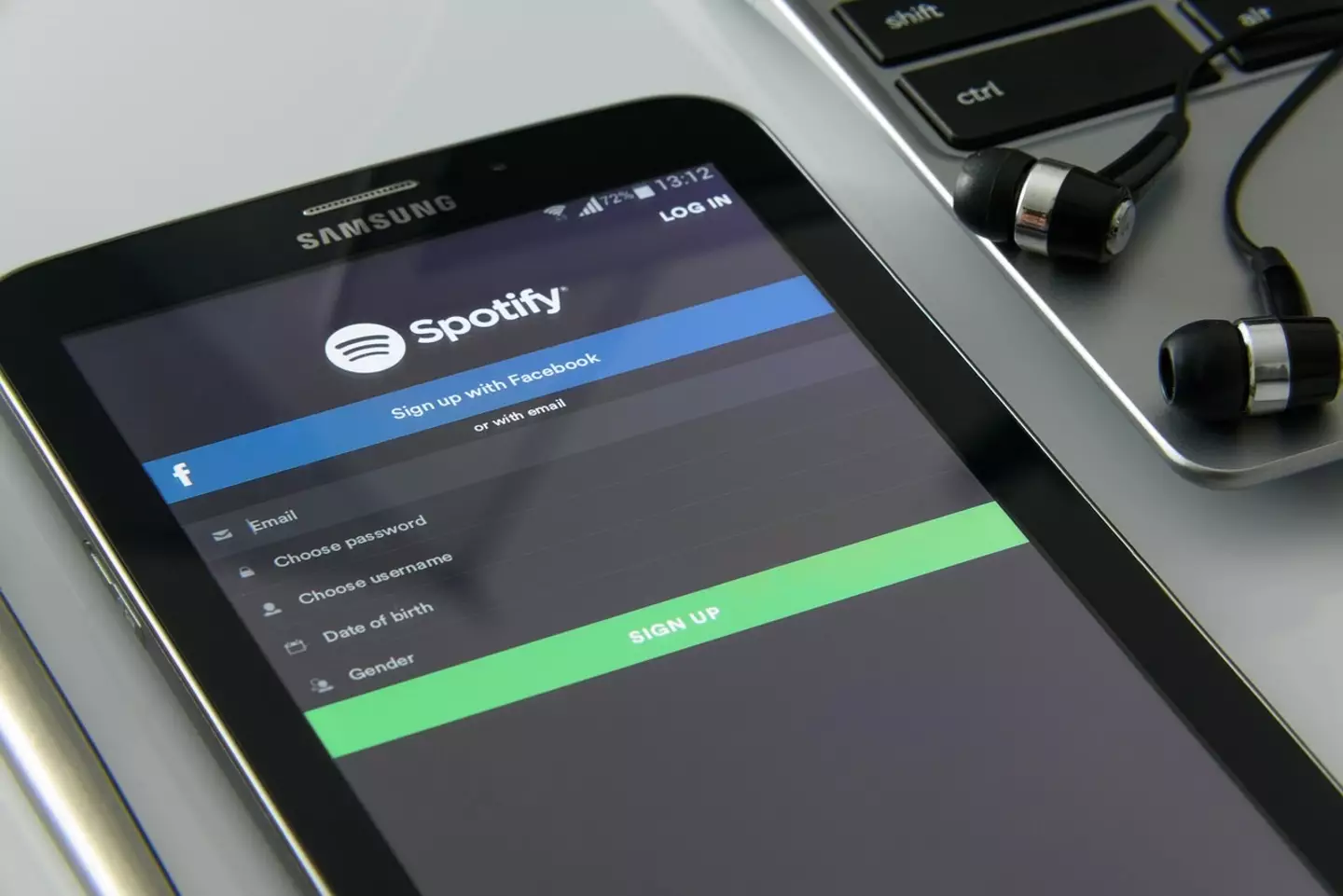
Spotify has denied claims subscribers could get rich with a 30-second trick that’s been doing the rounds online, with its boss saying if it were true... he’d be doing it himself.
Spotify is a digital music, podcast and video service that allows users to access content from creators all over the world.
Artists are then paid for the streams through the licensor that delivered the content - usually a record label or distributor - rather than directly from the streaming giant.
A recent report from the Financial Times delved into how streaming royalties impact major labels today, with analysts at JPMorgan warning how Spotify’s platform could become saturated with AI-generated content, potentially growing from 10m songs to more than a billion in just a matter of years.
Advert
It follows news that Universal Music Group and Deezer were launching a joint music streaming model, aiming to create bigger royalties for artists.

The analysts crunched the numbers and found that any average Joe could upload their own 30-second track to Spotify, before programming their phone to listen to it on repeat for 24 hours.
According to them, they would then receive a whopping $1,200 a month in royalties.
The only problem? Spotify's denying that’s the case.
After being reported by the Financial Times, Julian Klymochko - found of Canadian-based investment company Accelerate - tweeted: “According to JPMorgan, if someone uploaded their own 30-second track to Spotify, and then programmed their phone to listen to it on repeat 24 hours a day, they would receive $1,200 a month in royalties.”
This prompted Spotify’s co-founder and CEO Daniel Ek to step in with a response.
"If that were true, my own playlist would just be 'Daniel's 30-second Jam' on repeat!" he replied.
"But seriously, that's not quite how our royalty system works.”
When someone else argued that it’s not how the royalty system works ‘directly’, saying ‘the 30 second cutoff for receiving payout has trended songs to be shorter and shorter, and the “Tiktok part” is usually always at 31 seconds in’, Ek continued: “Yes, some songs have gotten shorter. However, most popular songs are still around 4 minutes.”

So how exactly does Spotify’s royalty system work?
Its website outlines two tiers of royalties: recording royalties ('the money owed to rightsholders for recordings streamed on Spotify, which is paid to artists through the licensor that delivered the music, typically their record label or distributor') and publishing royalties (‘the money owed to songwriter(s) or owner(s) of a composition’, with payments issued to ‘publishers, collecting societies, and mechanical agencies based on the territory of usage’).
“Contrary to what you might have heard, Spotify does not pay artist royalties according to a per-play or per-stream rate; the royalty payments that artists receive might vary according to differences in how their music is streamed or the agreements they have with labels or distributors,” Spotify says.
Topics: Technology, Music, Spotify